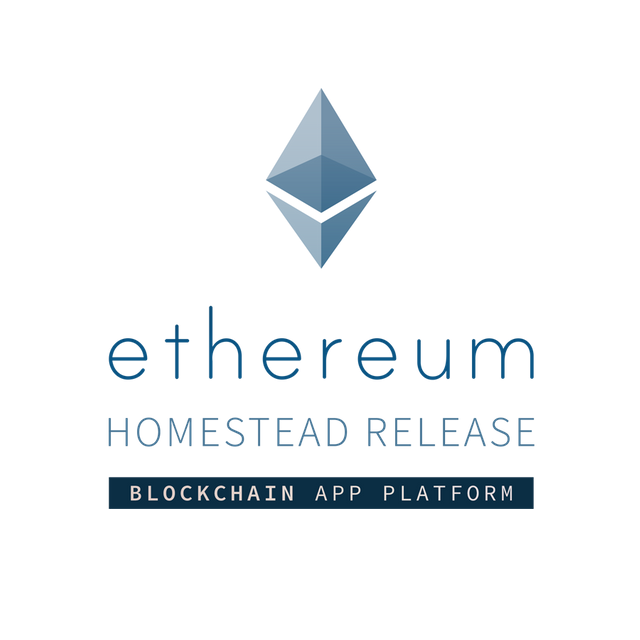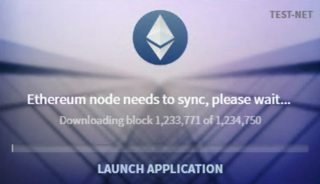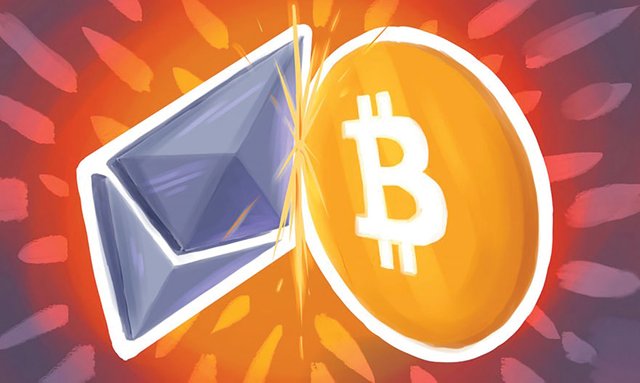
Ethereum, like any advanced system, will mean different things to different people. As you read this section, some bits may not resonate with you or even make sense. That is fine, just skip to the next paragraph and hopefully that one will be more enlightening. If you reach the end of this section and still feel confused, then jump on a forum and start asking questions.
Key stakeholders behind the alternative blockchain platform ethereum are debating changes to the platform's code after millions of dollars in ether were diverted from a major project by an alleged attacker.
As previously reported, The DAO, a decentralized autonomous organization (DAO) that had raised $160m to fund ethereum projects, was exploited early this morning by way of a flaw in its code that allowed roughly 3.6m ETH, the native currency on the ethereum blockchain, to be moved from The DAO to another entity.
The incident sparked widespread discussion on what had already been a hotly debated issue in previous weeks, with both detractors and supporters of The DAO labelling the project as one whose success or failure could have implications for overall confidence in its underlying technology.
The fact that those ethers are, as of now, under the sole control of an unknown individual or entity is what's prompting a call to alter the network's course in a way that would enable either the retrieval of those coins or, at the very least, the ability to prevent them from being moved or sold.
What's being proposed now could constitute as many as two changes to the network. However, the way forward is still highly contested.

One option is a soft fork, or the addition of a new rule to the ethereum code, that would prevent ether from being withdrawn from the new entity created by the attacker. This could be then followed by a possible hard fork, or a change to a past rule, that would create a means by which DAO token holders could reacquire their ethers. A third options remains the possibility that developers take no direct action, but instead work to galvanize the community to identify and recover the funds.
Supporters of changes to ethereum's code say that such an option would prevent the attacker or attackers from being able to sell the stash of ethers, and would be the first step toward returning those coins to DAO stakeholders.
Marc Warne, founder of bitcoin and ether brokerage Bittylicious, said that he supports the move given the early stages of development in ethereum.
Warne told CoinDesk:
"The DAO comprises a lot of people’s funds, and fundamentally [it] isn't a bad idea. In reality, excluding ideals, forking means everyone gets their ETH back with no collateral damage at all."
However, not everyone agrees with the idea that such drastic measures should be taken to protect the project.
Alternative perspectives
The news that the ethereum development team is moving in favor of forking the ethereum blockchain sparked a wave of criticism, including assertions that The DAO had become “too big to fail” and was in need of a "bailout".
Such comments referenced the major financial institutions that were said to be too large and powerful to be allowed to collapse amid the 2008-2009 financial panic, statements that evoked the idea that the move was antithetical to the aims of the wider blockchain community.
Other critics blasted the move as one that would impair ethereum’s reputation, or at least raise questions about the degree to which the network is decentralized.
For some, letting the attack go unchallenged is preferred.
Preston Byrne, COO of blockchain startup Eris, said that "there’s a lot of danger" in forking ethereum, both in terms of public perception as well as potential regulatory repercussions that might arise.
He told CoinDesk:
"Unilateral fixes affecting the money supply and distribution of funds could be construed by the wider market as proof that the currency is not in fact censorship-resistant ... That anyone is able to exercise this degree of effective control of the ethereum network is also problematic, from a regulatory perspective."
Jesse Powell, CEO of digital currency exchange Kraken, among the first to list ether, said he supports the idea of forking the network but acknowledged the negative aspects of the measure.
"It would be great to fork the network. I think it’s probably bad for ethereum to have this reversibility, but at the same time the support of enough of the community to do it, then it’s also something that exists with the protocol, and you can do that," he said.

For example, Powell wondered if such measures would be considered if his own company lost a similar amount of ether, a fact that he said was appealing on business grounds, if troubling philosophically.
Path forward
As for The DAO, key influencers are suggesting that the project may not continue.
Slock.it co-founder and COO Stephan Tual, one of the primary movers of the project, told CoinDesk that the organization "is definitely going to close", adding that work on its code would continue even if stakeholders are able to take their money out. His authority to execute this decision, however, is unclear.
The solution itself, as developed by Ethereum project members, appears to be fluid at the time of this writing.
There appears to be a lack of consensus among developers as to what shape any fork scenario might take, and a recent post on Reddit by Buterin suggests that alternative solutions are on the table.
"Some in the dev community actually think that it may be possible to recover most or all the funds in The DAO without the subsequent state-changing hardfork, using only miner collusion," Buterin wrote, adding:
"I'd be perfectly fine with this approach if it proves feasible and is what the community wants."
The proposed fix involves getting the ethereum network’s mining ecosystem to support an effective freeze of the funds by recreating a form of the so-called stalker attack, a vulnerability identified late last month by a group of researchers who called for a moratorium on The DAO.
Tual told CoinDesk that while he sees the argument for avoiding a fork and conceding the lost ethers, he believes the situation should be addressed as it has ramifications for the broader ethereum project.
"I see the argument. Let it fail, let everyone lose their money. But in this particular case, it’s not an attack on The DAO. It stems from a pattern in the language that is the base of all smart contracts," he said, adding:
“This is an attack on ethereum.”
Upvoted you
Downvoting a post can decrease pending rewards and make it less visible. Common reasons:
Submit
Congratulations @nathalie! You have received a personal award!
Click on the badge to view your own Board of Honor on SteemitBoard.
For more information about this award, click here
Downvoting a post can decrease pending rewards and make it less visible. Common reasons:
Submit
Congratulations @nathalie! You have received a personal award!
Click on the badge to view your Board of Honor.
Do not miss the last post from @steemitboard:
SteemitBoard World Cup Contest - Quarter Finals - Day 2
Participate in the SteemitBoard World Cup Contest!
Collect World Cup badges and win free SBD
Support the Gold Sponsors of the contest: @good-karma and @lukestokes
Downvoting a post can decrease pending rewards and make it less visible. Common reasons:
Submit
Congratulations @nathalie! You received a personal award!
You can view your badges on your Steem Board and compare to others on the Steem Ranking
Vote for @Steemitboard as a witness to get one more award and increased upvotes!
Downvoting a post can decrease pending rewards and make it less visible. Common reasons:
Submit